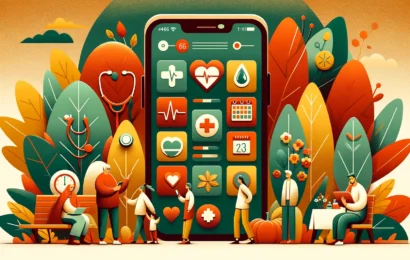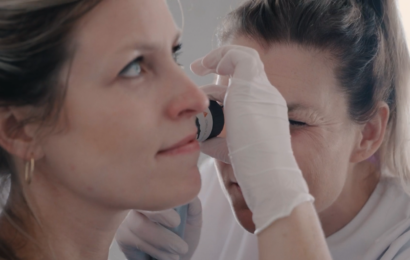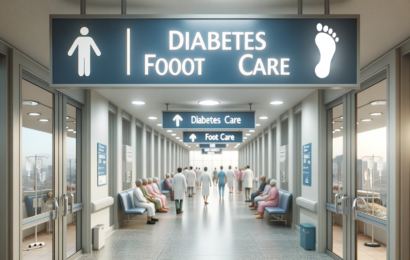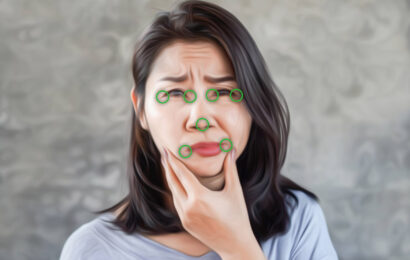Health Innovation Center of Expertise
Diabetic Foot Ulcers project
A Diabetic Foot Ulcer (DFU) is a serious complication of diabetes and can lead to a lower limb amputation if not treated properly and in an early stage. A DFU is often caused by poor blood circulation and neuropathy and therefore also heals poorly. For these long-term non-healing wounds, infection is a threat. If the wound does not heal or if an infection spreads, amputation is sometimes unavoidable. In recent years, research on automation using computer vision and Machine Learning methods plays an important role in DFU treatment. Promising successes have already been achieved so far. The aim of this project is to develop new Machine Learning techniques to assist in deciding whether amputation is a more suitable option at an early stage of the treatment.
Skin Cancer Diagnosis project
The aim of this project is the early detection of skin cancer which will lead to better chances of recovery and relieving some of the pressure from care specialists. The research tackles this problem by training skin therapists and general practitioners to recognise specific features of skin cancer and how to interpret them.
Smart Teddy Project
By moving its tail and reacting to movement or touch, the Smart Teddy offers seniors companionship in the home. At the same time it uses sensors to estimate how the physical and mental Quality of Life (QoL) of a senior is progressing and check for potential dangers. Support can be offered if the QoL level declines. Emergency interventions can also be dispatched if a danger is detected (e.g., smoke, cries for help). Aimed at seniors with early onset of dementia, the goal is to help them stay longer in their own home and delay the need to have them placed in a professional care facility.
This video illustrates how we conduct research together with our students using an iterative process. Each step of the project builds on all the work performed before to go further and reach new results.


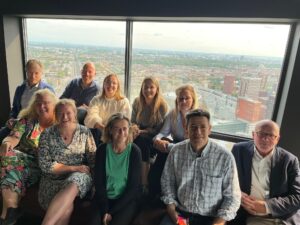 The Data Science Research Group at The Hague University of Applied Sciences plays a pivotal role in supporting the Health Innovation Centre of Expertise by providing advanced analytical capabilities and data-driven insights that propel healthcare innovations forward. Through their expertise in machine learning, artificial intelligence, and big data analytics, the research group enhances the center’s ability to tackle complex health challenges, optimize treatment protocols, and improve patient outcomes. By integrating cutting-edge data science methodologies, the group helps transform raw health data into actionable knowledge, facilitating evidence-based decision-making and personalized healthcare solutions.
The Data Science Research Group at The Hague University of Applied Sciences plays a pivotal role in supporting the Health Innovation Centre of Expertise by providing advanced analytical capabilities and data-driven insights that propel healthcare innovations forward. Through their expertise in machine learning, artificial intelligence, and big data analytics, the research group enhances the center’s ability to tackle complex health challenges, optimize treatment protocols, and improve patient outcomes. By integrating cutting-edge data science methodologies, the group helps transform raw health data into actionable knowledge, facilitating evidence-based decision-making and personalized healthcare solutions.